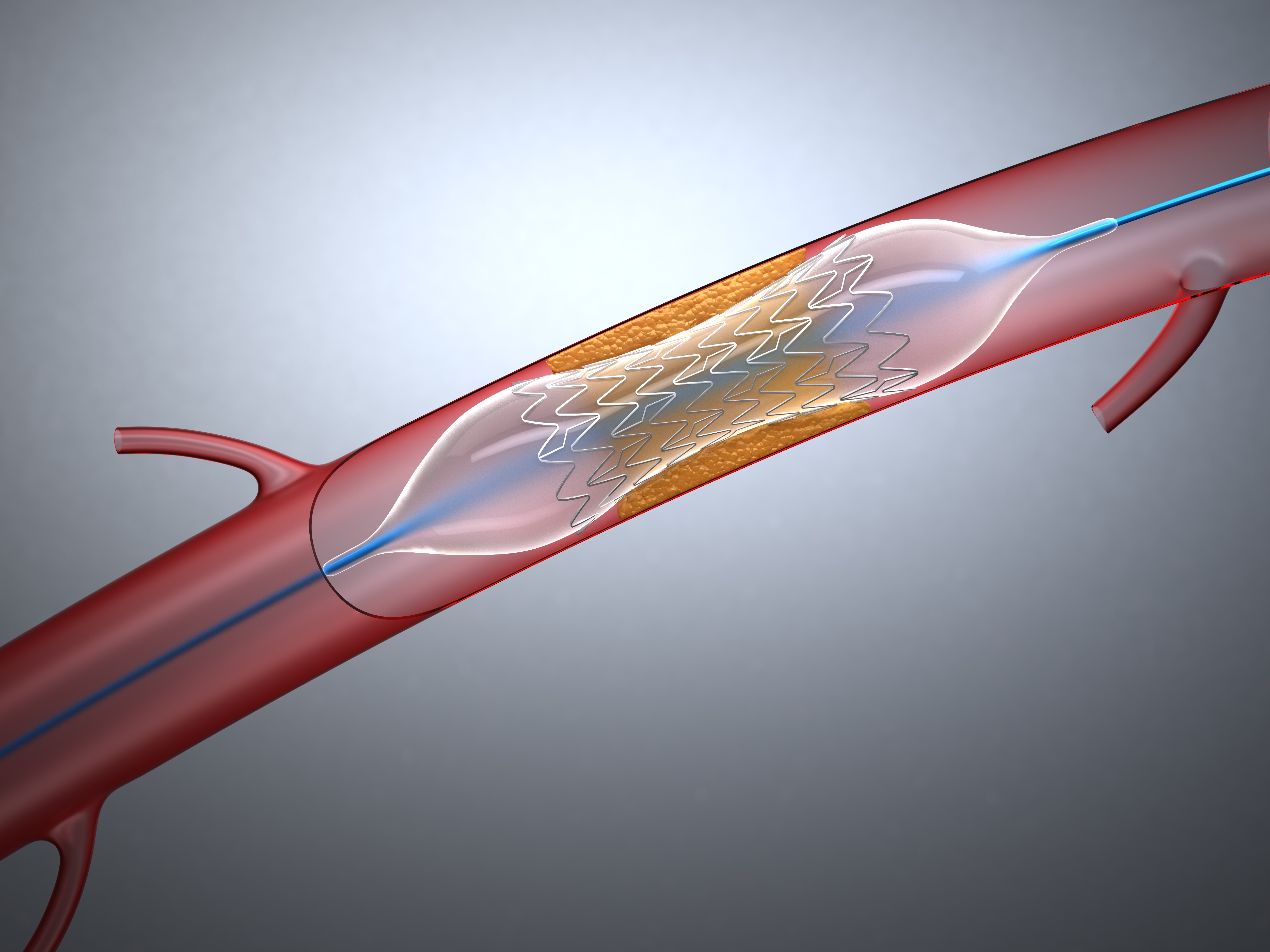
The results of a new study suggest that the use of Impella is associated with worse outcomes compared to an intra-aortic balloon pump (IABP) in cardiogenic shock and high-risk percutaneous coronary intervention (PCI) patients.
In this observational analysis of the Premier Healthcare Database (PHD) presented at the American Heart Association 2019 Scientific Sessions in Philadelphia, researchers assessed 48,306 patients who underwent PCI with mechanical circulatory support (MCS) for high-risk PCI or cardiogenic shock between 2004 and 2016. Subsequently, using Impella as a dependent variable along with over 30 potential confounders, they developed a propensity score using multivariable logistic regression. The purpose of this score, they explained, was to balance the two study arms using hierarchical mixed effect models to account for any variations in Impella vs. IABP use across different hospitals while comparing the usage of both to in-hospital death, bleeding, acute kidney injury (AKI), stroke, length-of-stay, and hospitalization costs.
According to the results, among PCI patients with MCS, cardiogenic shock was present in 50% of patients, ST-elevation myocardial infarction (STEMI) in 62% of patients, and 38% of patients required mechanical ventilation. The researchers observed that these patients had a high prevalence of comorbidities such as heart failure (50%), chronic renal failure (20%), diabetes (40%), chronic obstructive pulmonary disease (20%), and atrial fibrillation (23%). The authors reported that 26% of the patients underwent multivessel PCI, and 59% required use of glycoprotein IIb/IIIa inhibitors. Following propensity adjustment, and accounting for clustering across hospitals, there was a higher risk of death (24%), bleeding (10%), AKI (8%), and stroke (34%) associated with the Impella device compared with IABP use. This association was stronger for STEMI patients, irrespective of the presence of cardiogenic shock. Moreover, there was a higher incremental hospitalization cost ($15,000), despite a lower length of stay, associated with Impella use.
“In this large comparative effectiveness study of contemporary, real-world use of Impella vs IABP in cardiogenic shock and high-risk PCI patients, Impella use was associated with higher mortality, bleeding, AKI, and stroke and higher incremental costs,” the researchers wrote in their conclusion. “Our results underscore a need for well-controlled interventional trials to guide the practice of Impella use.”







 © 2025 Mashup Media, LLC, a Formedics Property. All Rights Reserved.
© 2025 Mashup Media, LLC, a Formedics Property. All Rights Reserved.